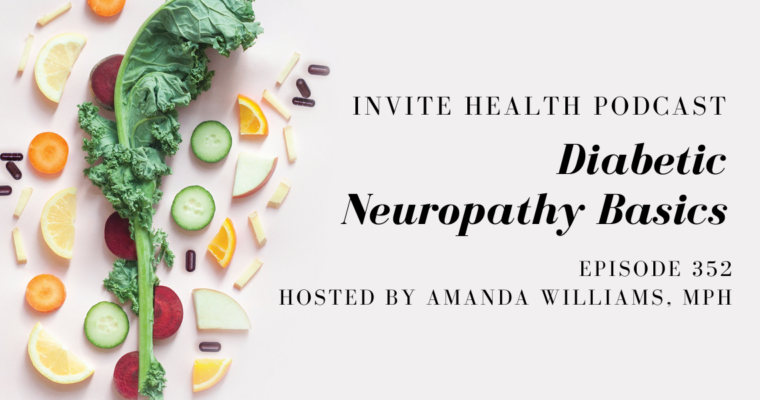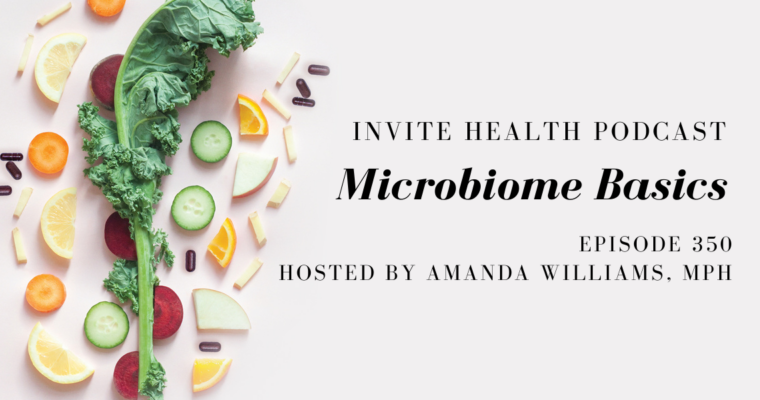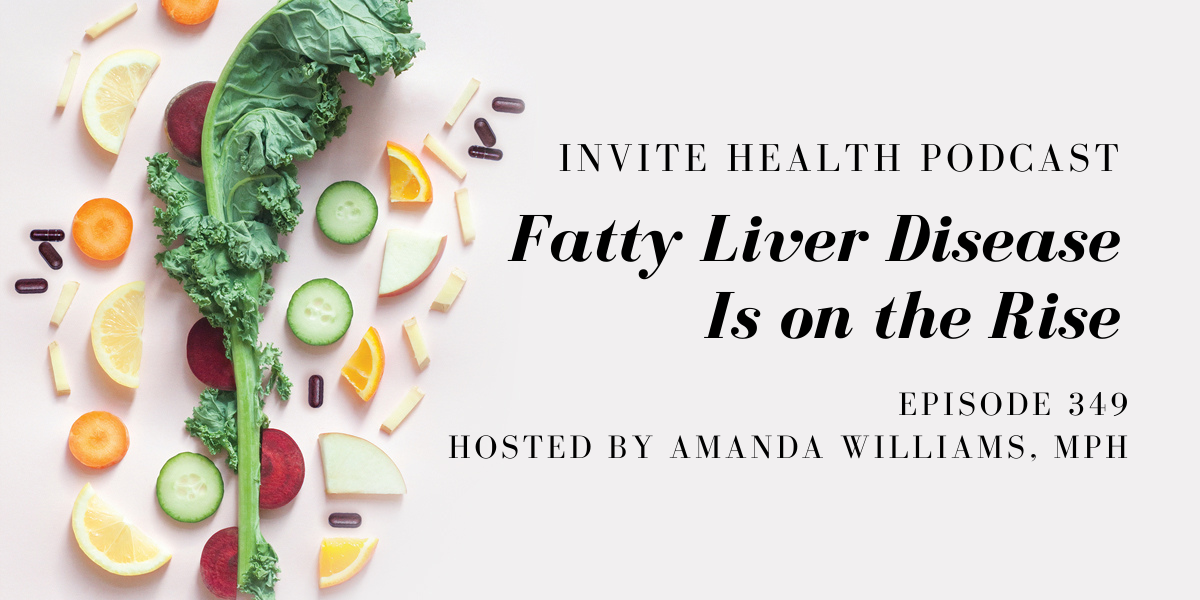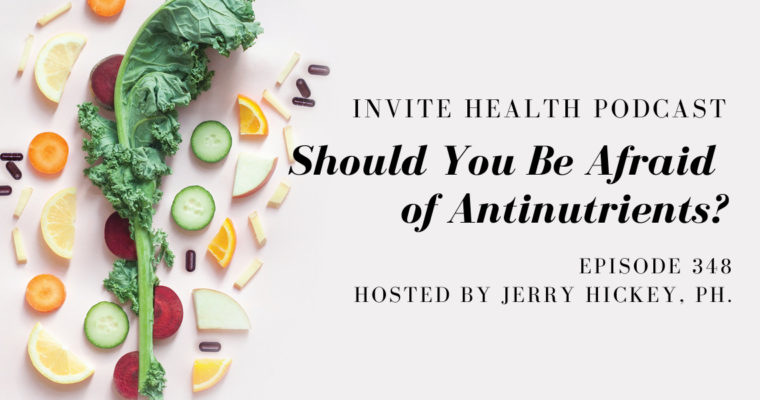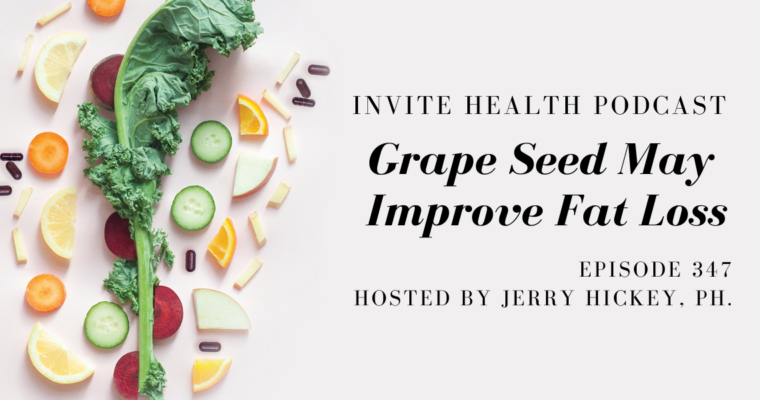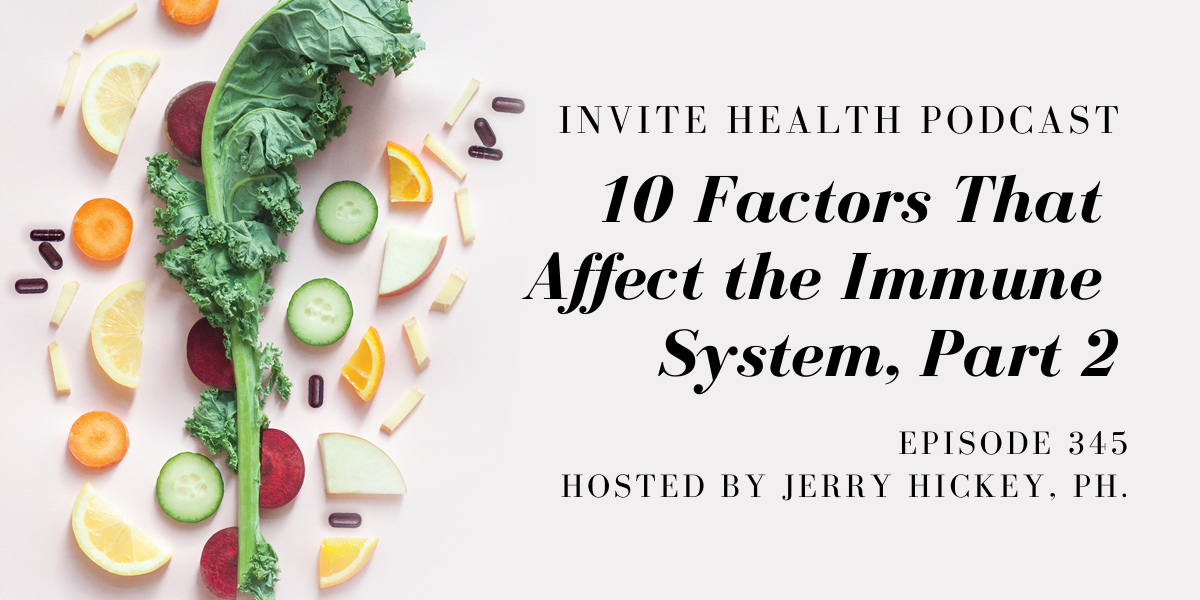immune system
Invite Health Podcast, Episode hosted by Jerry Hickey, Ph.
Subscribe Today!
Welcome to the second part of our episode looking at 10 factors that affect the immune system. In part one, we discussed the microbiome, sleep, nutrients from food and cortisol levels. Today, we will discuss additional factors that impact your body’s ability to defend itself.†
How supplement intake affects the immune system
Most people get some level of benefit from a multivitamin. For instance, you get B vitamins, which have been shown to help mitigate the effects of inhaled pollution on your immune system and inflammation. Your immune system also requires a certain level of Vitamin E, Vitamin A, zinc and selenium.†
Multivitamins can be especially important for elderly people as they are missing many nutrients. They absorb zinc poorly from their food and are generally lacking three or four B vitamins, like Vitamin B12. This is why we ensure that our multivitamins contain methylcobalamin, which is an activated form of B12 that also converts to the other forms of Vitamin B that the body needs. They also lack folate, so we include methyltetrahydrofolate in our multivitamin formulations. This helps protect older people and helps the immune system function properly.†
CONSIDER TAKING THESE NUTRIENTS AS YOU AGE, PART 1 – INVITE HEALTH PODCAST, EPISODE 315. Listen Now>>
The importance of phytonutrients
Phytonutrients are nutrients that come from plants. For instance, Resveratrol is found in the skin of red grapes and in red wine. It is also found as a supplement, where it is usually sourced from Japanese knotweed. Resveratrol works on several levels with the immune system. It helps contain inflammation, especially in the heart, lungs and brain. If you have an infection, the infection can inflame these organs. The immune system can also have a backlash against the infection, causing even more inflammation. This is what was happening to COVID-19 patients who were experiencing cytokine storms.†
Beta 1,3 glucan, which is found in mushrooms, yeast and euglena gracilis algae, is another phytonutrient that is important for immunity. It activates different parts of the immune system to attack and kill viruses and bacteria. Researchers have been studying beta 1,3 glucan for decades and they have found that it supports the body’s ability to defend itself.†

Exercise and immunity
Some exercise is great for the immune system, such as taking several walks every day. But when you do intense exercise, like running or lifting heavy weights, it actually suppresses the immune system for about six hours after. Your antibody levels drop and immune cells decline.†
There are two supplements that have been shown to help prevent that from happening. One is called nucleotides. Nucleotides actually make us, but they also create energy in the form of ATP. When you take nucleotides, you make energy that can be used for healing and for immunity. A second supplement that helps offset a drop in immunity with exercise is a good probiotic. Research has shown that certains strains of probiotic help prevent the immune system from declining after exercise.†
IMMUNE-ENHANCING POWERS OF NUCLEOTIDES – INVITE HEALTH PODCAST, EPISODE 70. Listen Now>>
In this episode, Jerry Hickey, Ph. continues his conversation on factors that can impact your immune system. He shares multiple nutrients and phytonutrients that are important for promoting immunity and also discusses lifestyle choices that may impact your body’s ability to protect and defend itself.†
Key Topics:
- Why take a multivitamin
- Resveratrol and alkylamines
- What are beta glucans?
- How alcohol and sugary drinks impact the immune system
- Does exercise support or suppress immunity?
Thank you for tuning in to the Invite Health Podcast. You can find all of our episodes for free wherever you listen to podcasts or by visiting www.invitehealth.com/podcast. Make sure you subscribe and leave us a review! Follow us on Facebook, Twitter and Instagram at Invite Health today. We’ll see you next time on another episode of the Invite Health Podcast.


